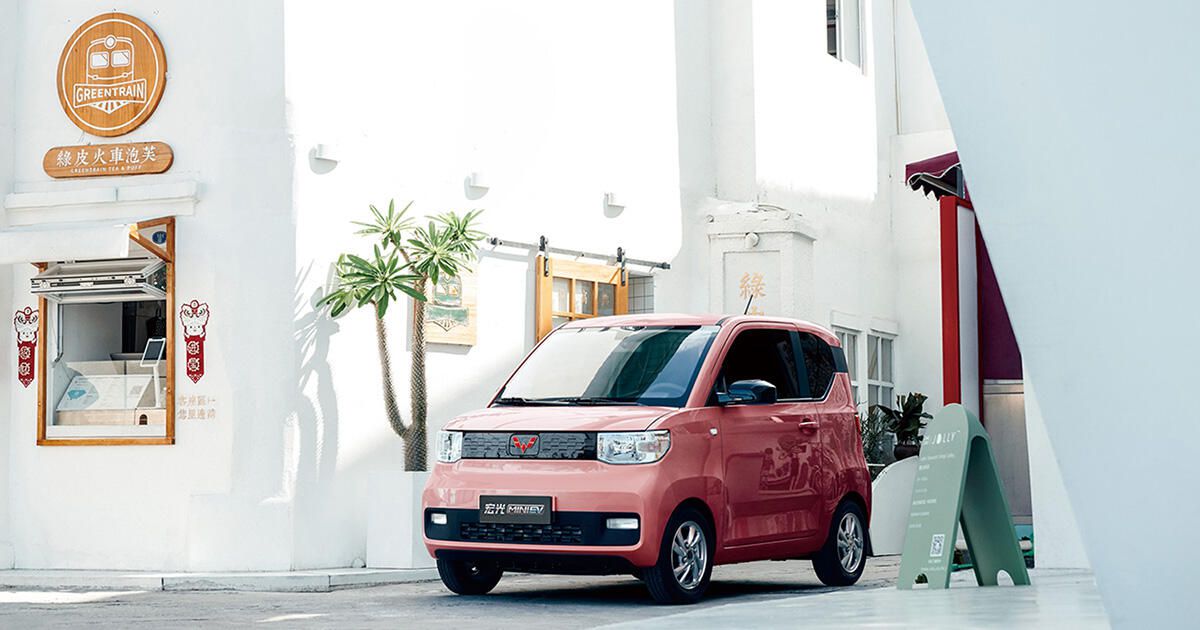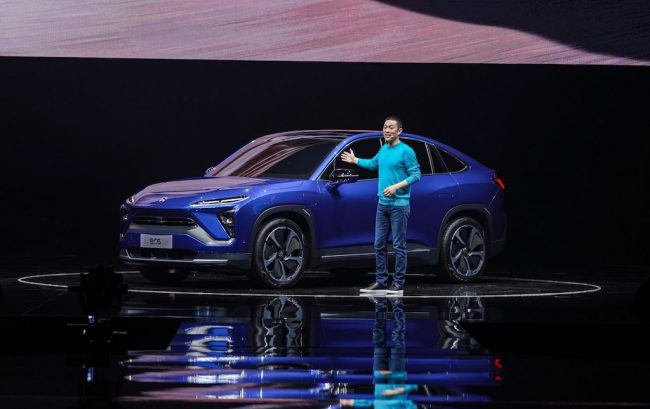
Booming of China’s Electrical Vehicle
After more than a decade of growing electric vehicle adoption by fleets and public utilities in China, the large Chinese market has suddenly reached an inflection point: Individuals and families are now driving the growth in EVs.
In the first quarter of this year, nearly 75 percent of EV purchases in China were by individuals for family use, according to a tally by the China Auto Dealers Chamber of Commerce. Just two years ago, such private purchases accounted for less than half of EV sales.

The shift could be an indicator of what lies ahead for other world markets, especially the U.S., where critics are quick to point out that EVs still represent a tiny share of retail sales.
Prior to 2020, most EVs in China were bought by taxi companies at the request of local governments, or by car rental fleets, often operated by traditional automakers to earn carbon credits as required by state regulators.
That started to change with the late 2019 Chinese launch of Tesla’s Model 3, the first product Tesla assembled at its Shanghai plant.
Tesla had been building a following among young Chinese vehicle shoppers even before the company started local output.
But local production enabled the California automaker to ramp up supply levels and offer products at lower prices than imported models, which led to a 252 percent sales increase in 2020 to around 148,000 vehicles.
Another big seller among consumers has been the Hong Guang Mini EV, a four-seat electric sedan launched by Wuling in July 2020 at a starting price of only about $4,458. The low price and its brand’s association with GM made the small EV an instant hit among price-sensitive customers in China’s rural and inland areas. Some 117,000 copies of the new model were sold in 2020, according to GM’s China unit.
The demand for Tesla’s and Wuling’s models have remained robust. Tesla sold nearly 140,000 locally built Model 3s and Model Ys in the first five months of this year, according to the China Passenger Car Alliance, a Shanghai-based market research company. Wuling’s deliveries of the Hong Guang Mini EV exceeded 157,000 through June.

Three startups — Nio, Xpeng and Li Auto — proved to be survivors, to some extent by mimicking Tesla in their marketing and distribution strategies.
Those three manufacturers market their products as intelligent and connected vehicles, with intelligent in-vehicle operating systems supporting adaptive cruise control, advanced driver-assistance functions and autonomous parking.
They also rely on direct sales and delivery channels, showcasing their products at experience centers. Yet the trio are trying not to compete head-to-head with Tesla.

